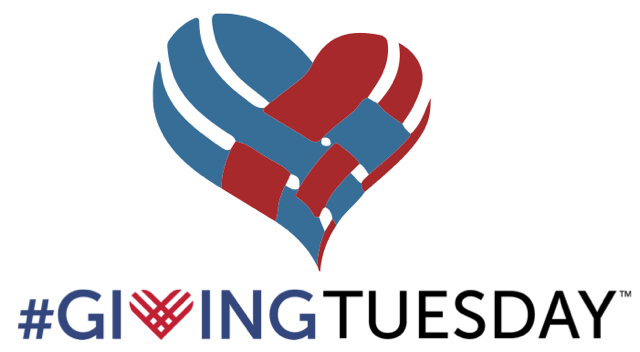A Tip a Day for the Month of May’s National Women’s Health Week.
National Women’s Health Week (May 11-17) is all about creating awareness on the relevance of being a healthy woman. The initiative led by the U.S. Department of
Health and Human Services' Office on Women’s Health provides a series of
resources that help empower women to become better health advocates.
For us, National Women's Health Week is also a celebration -- and well deserved recognition-- of the LONG path that scientists have taken to ensure that gender differences in health research become not only a standard, but that the progress and findings of current medical studies are available across the board and at every level: from families, to health practitioners and the community.
The first step towards achieving our health and wellbeing as women is a positive state of mind to ensure our physical and mental health. And while on the subject of mental health, here are concrete examples of gender differences between men and women when dealing with mental health. Did you know that:
- Each year, 1 in 5 women in the United States has a mental illness ranging from mild to serious.[1]
- Almost twice as many women as men have ever been diagnosed with anxiety.[2]
- Women are more than twice as likely as men to develop PTSD.[3]
The Office of Women's Health offers the following suggestions:
Take care of yourself!
- Fight stress by taking time to do something you enjoy. You can also read about the Howell Foundation's presentation by Drs. Bhatti and Banka on the gender differences between men and women and stress, as well as simple techniques you can start using right now to lower your level of stress. An interesting read here.
- Discuss family history, family planning, and personal habits, such as alcohol and tobacco use
- Schedule necessary tests, such as screenings for depression, alcohol and tobacco use, and more
- Discuss whether you should consider medication, therapy, or other treatments for mental health and substance use disorders
- Set health goals, such as being active and maintaining a healthy weight
____________________________________________________________
Learn more about mental health at nimh.nih.gov or mentalhealth.gov.For support and help finding mental health services near you, visit findtreatment.samhsa.gov. Learn more about National Women’s Health Week at womenshealth.gov/nwhw.
Sources
Behavioral Health, United States, 2012
Substance Abuse and Mental Health Services Administration (SAMHSA), 2012- Mental Illness Surveillance Among Adults in the United States
Centers for Disease Control and Prevention (CDC), 2011 - Women, Trauma, and PTSD
U.S. Department of Veteran Affairs (VA), 2012




Comments
Post a Comment